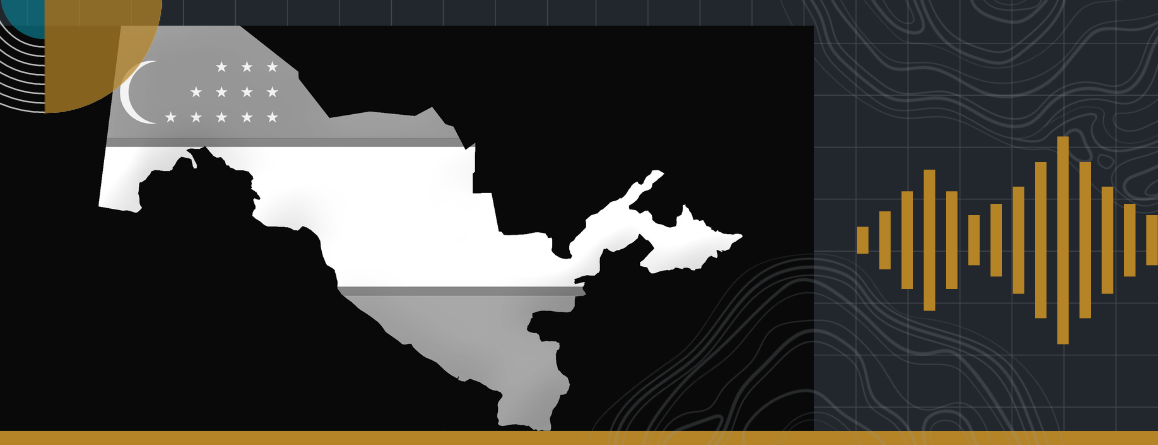Freedom of Eurasia received videos of meetings for district state authorities led by Amanbai Orynbaev, who’s in charge of the Supreme Council in Karakalpakstan and joined by representatives of the state security service and akims (heads) of each district. In this video, we’ve seen a message shared by administrative authority and their coercive tactics aimed to control and restrict freedom of expression and even thoughts of liberty. Meetings were organized just before the one-year anniversary of events in Karakalpakstan in July 2022.
Interestingly, these meetings had only women attending, and it’s unclear why they were divided this way. Despite the short lengths of videos shared with us, we were able to catch key messages of Amanbai Orynbaev’s speech:
Painting Daulet Tazhimuratov as a separatist: Orynbaev kept talking about Daulet Tazhimuratov as someone who causes division. He called him a separatist and nationalist who broke up the country into Karakalpak and Uzbek parts. This idea tries to make people support the current government by making alternatives look like they’re tearing the nation apart.
Supporting the Government’s Plans: Orynbaev frequently urged the people of Karakalpakstan to embrace the official policy advocated by the government wholeheartedly. At the core of this policy is the aspiration to unify Uzbekistan, and Chairman Orynbaev underscored the imperative of aligning with this vision. This call for unity serves as the overarching message of these meetings, emphasizing that any deviation from the prescribed path is deemed unacceptable.
Be сonvenient: If you disagree with the government’s plan, you are a separatist; if you support Dauletmurat Tazhimuratov, you are a separatist.These meetings run by Chairman Amanbai Orynbaev, signify a deliberate effort to suppress dissent and secure unwavering loyalty to the current government. The narrative crafted in these gatherings leverages fear and pressure, portraying opposition figures as threats to national unity. As Karakalpakstan struggles with these dynamics, it prompts important questions about individual liberties and the role of administrative power in shaping public opinion.
